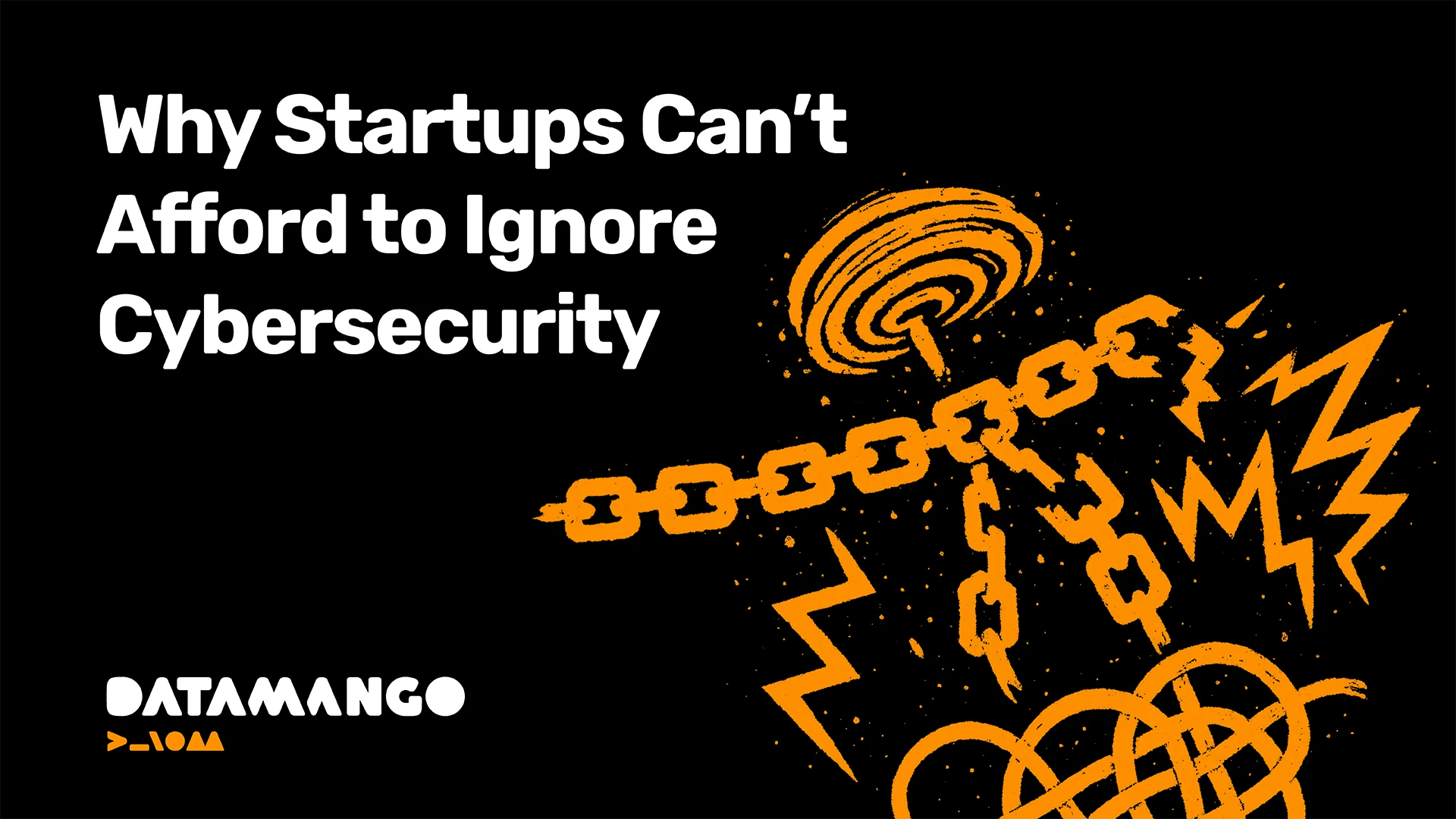
Why Startups Can't Afford to Ignore Cybersecurity

by Dave Westbrook,
21-May-2025
Startups thrive on speed and innovation. It’s tempting to think, “We’ll deal with security later.” But here’s some truth:
"60% of small companies shut down within six months of a cyber attack."" One breach could be game over.
The good news is that early action pays off.
Smart startups build cybersecurity into their foundations and stand out because of it.
Why Cybersecurity Matters Even Before Funding
Your product is your IP, and it’s vulnerable from the moment it's created. Investors and customers expect it to be secure. In fact, 33% of businesses are actively prioritising cybersecurity improvements.
A startup that takes cybersecurity seriously earns the trust of its users.
Common Cyber Threats Facing Startups
Don’t assume attackers ignore small teams. Startups are often easier targets. Top threats include:
Phishing emails: A single incorrect click can expose login credentials. Leaked data: Test environments and lax access controls pose significant risks. Misconfigured cloud infrastructure: Open storage buckets are a hacker’s dream. Exposed secrets: The number of API keys exposed in public GitHub repos is mind-boggling.
Regulations don’t care how small you are. Fines and reputational damage can devastate a young company.
A Cybersecurity Framework for Startups: What You Need to Know
Here’s a practical checklist to build your startup’s defences from the ground up:
- Strong Authentication
- Use password managers and enforce two-factor authentication (2FA).
- Avoid reused or default credentials, especially on developer tools.
- Data Encryption
- Encrypt sensitive data in transit (TLS) and at rest.
- If breached, your data should still be useless to intruders.
- Secure Coding Practices
- Validate inputs, handle errors discreetly, and avoid exposing stack traces.
- Conduct peer code reviews to catch issues early.
- Don't. Put. API. Keys. In. Repos. Use Environment Variables.
- Cloud Configuration Hygiene
- Apply frameworks like the AWS Well-Architected Framework.
- Regularly audit storage permissions and access controls.
- Backups and Recovery
- Schedule regular backups off-site or to a different cloud storage location.
- Test your ability to recover. A backup you can’t restore is pointless.
- Security Culture
- Make basic training part of onboarding.
- Foster a team culture where reporting suspicious activity is second nature.
- Consider a formal penetration test.
Scaling Security as You Grow
Security must evolve in tandem with your team and product. Here’s how:
- Schedule Regular Audits: Conducting audits at least quarterly is a good cadence.
- Threat-Model New Features: Ask, what vulnerabilities might this introduce?
- Compliance Readiness: Prepare for frameworks such as Cyber Essentials or ISO 27001 as you target larger customers.
Security isn’t static. Review and revise regularly.
So, Do Startups Really Need Cybersecurity?
In short... yes. It’s not a luxury or a post-funding task. It’s a fundamental part of startup success.
By embedding a cybersecurity framework for startups into your operations early, you:
- Protect core IP and customer data.
- Impress investors with operational maturity.
- Mitigate risks that could cripple your business later.
Security-savvy startups are more resilient, investable, and credible. By taking a few smart steps now, you lay the foundation for sustainable growth and peace of mind.
Check out our dedicated page on Cyber Security & Compliance, or contact us to have a chat about how to protect your startup.




